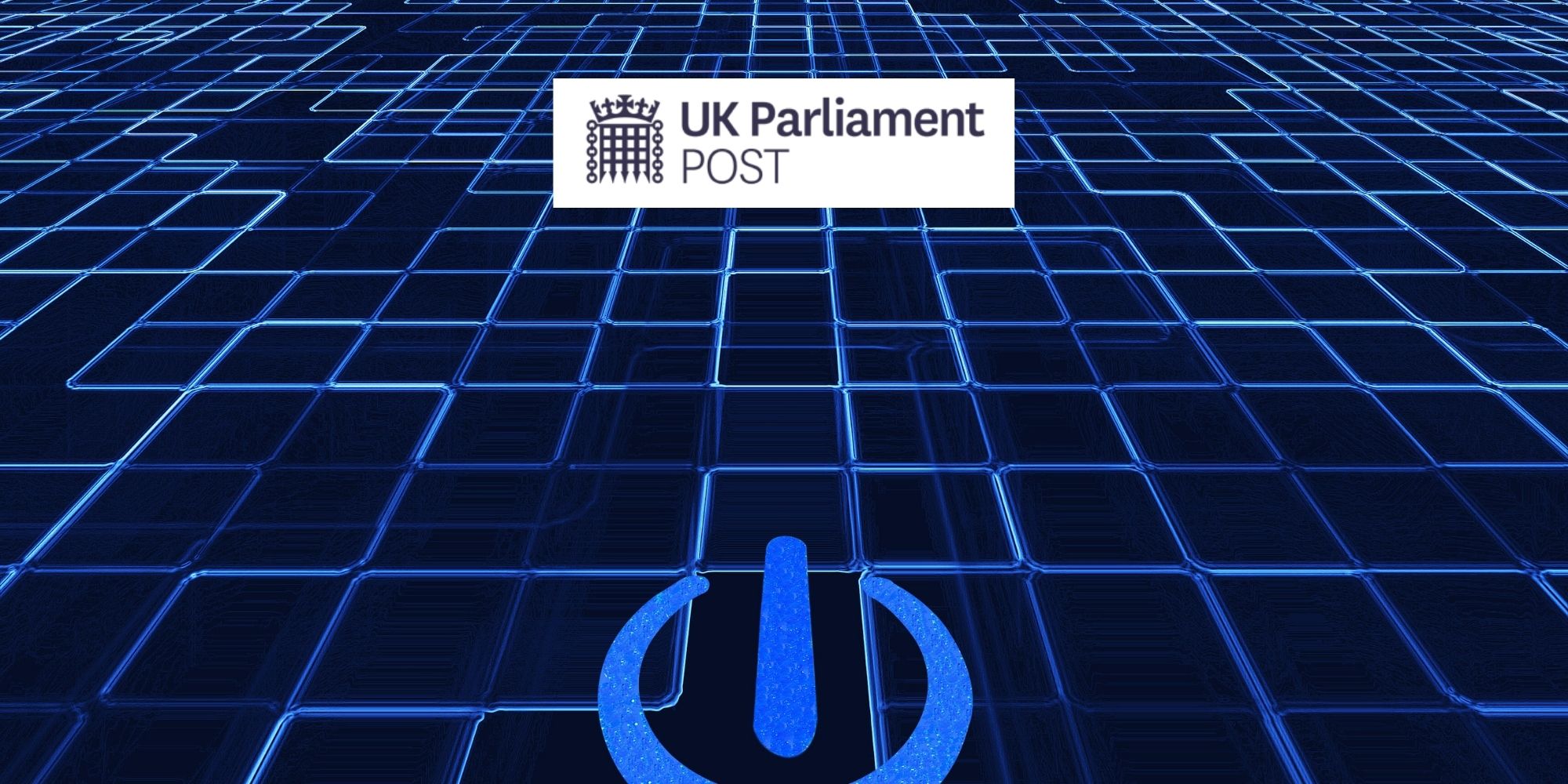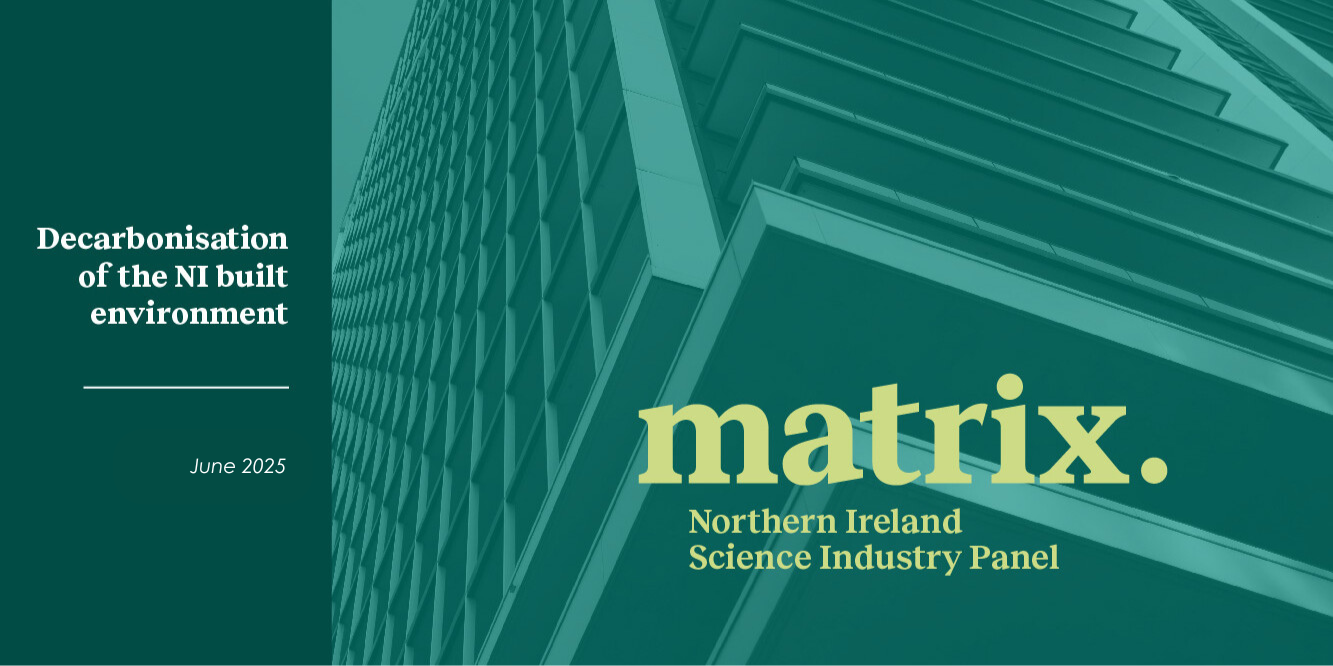Report
Energy sector digitalisation
The incorporation of digital technologies in the energy sector can support progress towards key UK objectives such as achieving Net Zero emissions targets. It can also transform current methods of energy generation, transmission, regulation, and trading. This POSTnote presents an overview of key digital technologies and their main applications in the energy sector. It provides an overview of the potential benefits to using these technologies, and recent developments in this area. It describes the role of data in underpinning digital technologies in the sector, and some of the issues raised by its use. It also discusses broader challenges associated with energy sector digitalisation and measures that could help address them, including issues related to technology, regulation, and impact on consumers.
Digital technologies such as Artificial Intelligence (AI), the Internet-of-Things (IoT) and Distributed Ledger Technology (DLT) can improve the efficiency and flexibility of the UK energy system, support deeper penetration of renewable and distributed energy sources, and help support the development of innovative products and services for consumers.
The Department for Business, Energy and Industrial Strategy has estimated that by 2050, improved energy system flexibility through digitalisation could reduce the overall UK energy system costs by up to £10 billion annually and create up to 24,000 jobs. A 2020 report by the accounting firm PwC estimated that by 2030, the incorporation of digital technologies such as AI into the energy sector may boost global Gross Domestic Product by up to £3.82 trillion while helping reduce global carbon emissions by up to 4%.
Digitalisation of the energy system is prominently featured in the UK Government’s 2020 Energy White Paper. In March 2021, the Department for Digital, Culture, Media & Sport listed the use of digital innovation to reach Net Zero as one of its ten technological priorities. In July 2021, the first energy sector digitalisation strategy and action plan was published by the UK Government.
Key points:
- Digitalisation refers to the integration of digital technologies into various aspects of the energy system, such as generation plants, transmission networks and consumer devices.
- Technologies such as the Internet-of-Things (IoT) and Artificial Intelligence (AI) , as well as Distributed Ledger Technology (DLT) (which is in earlier stages of being applied in the energy sector) have the potential to significantly change the way that the energy system operates.
- The pace of energy sector digitalisation is increasing, and projections suggest that this trend will continue over the next decade.
- Digitalisation can help to support decarbonisation of the energy system and progress towards the 2050 Net Zero goals of the UK by enabling deeper penetration of renewable energy sources such as solar and wind. Digital technologies can also enable improved energy system flexibility by helping supply to better match demand and the creation of innovative products and services for consumers.
- IoT devices can play an important role in collecting energy data and improve present methods of monitoring of energy assets. It has been estimated that 1.17 billion Internet-of-Things enabled devices were installed worldwide in utility grids in 2019.
- The application of AI systems in the energy sector can improve system operations by incorporating predictive analytics and lead to better decision-making about energy network assets via the development of Digital Twin Models.
- Though still in an earlier stage of development, DLT can potentially be used to help manage a decentralised energy system and facilitate functions such as enabling consumers to trade energy between them (known as ‘peer-to-peer’ trading).
- The digital transformation of the UK energy sector will require greater access to data and combining of datasets collected by different stakeholders. The use of data in the UK energy sector has been constrained by a number of factors such as limited sharing of data and a lack of data standardisation across sectors. In recent years, efforts have been made to encourage the sharing of data between organisations, and the recent Government energy sector digitalization strategy plans to have standards and regulatory frameworks that govern energy data developed by the mid-2020s.
- Digital systems in the energy sector could be targeted by cybercriminals and affect the capability of the system to deliver a reliable service. Efforts have concentrated on improving the cyber resilience of the energy system. In 2020, Ofgem published a set of cyber resilience guidelines for gas and electricity network companies and their stakeholders.
- There have also been privacy concerns related to consumer data. These include the potential to infer sensitive information about consumers via smart meter data, and the risks of insights about consumer being inferred through linking consumer energy data with other data sources such as social media.
- Digital technologies tend to develop at a faster pace the regulatory measures that govern them and there is a growing consensus that innovative frameworks are required to manage digital technologies in the energy sector.




